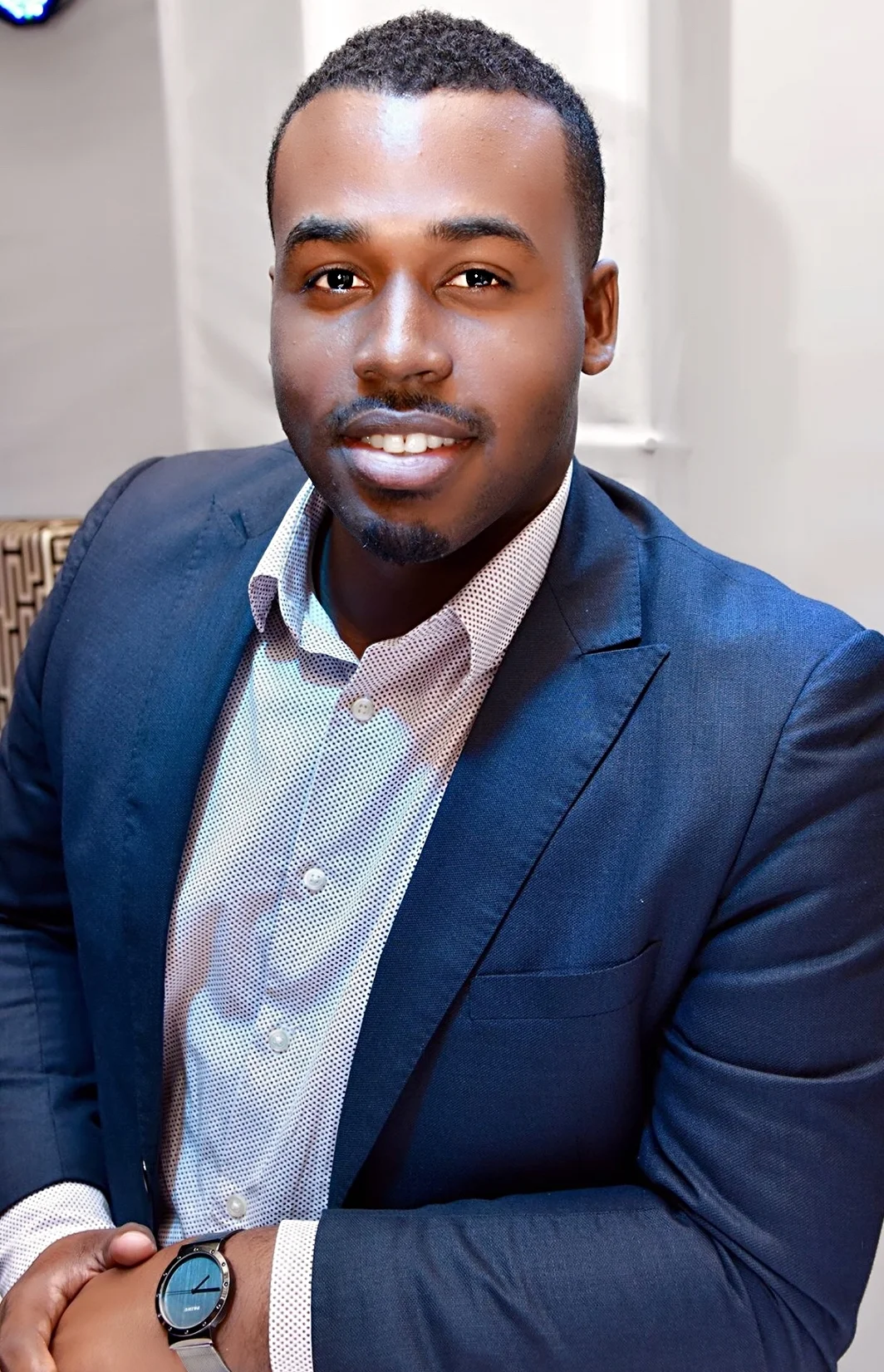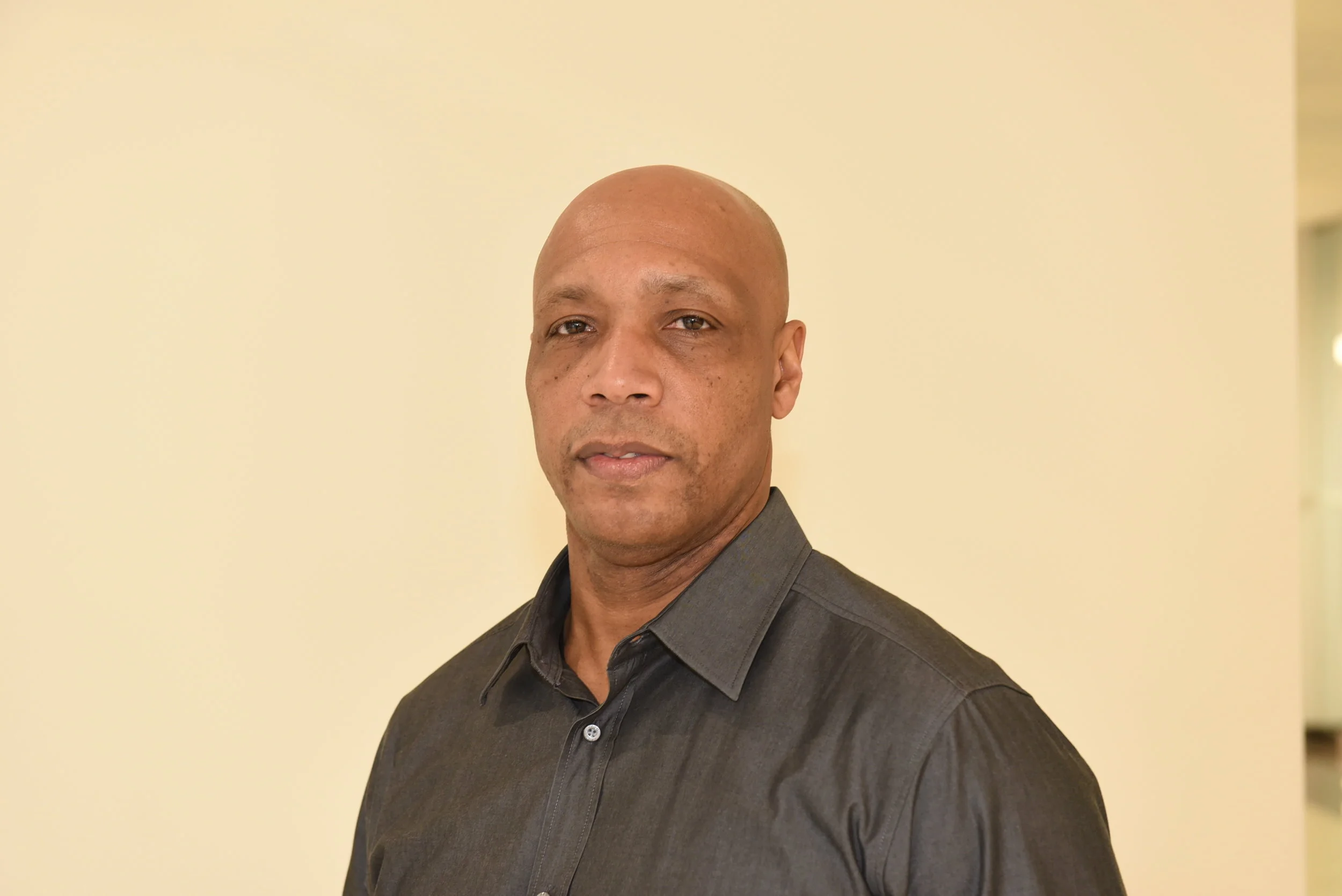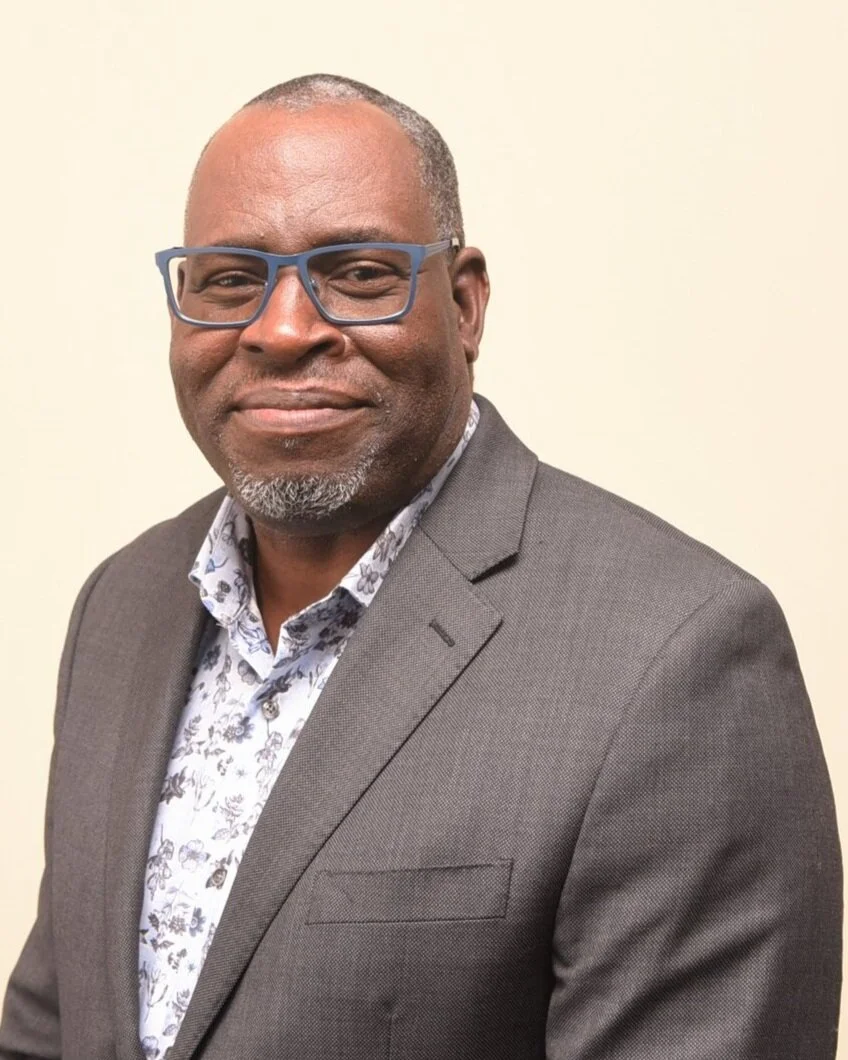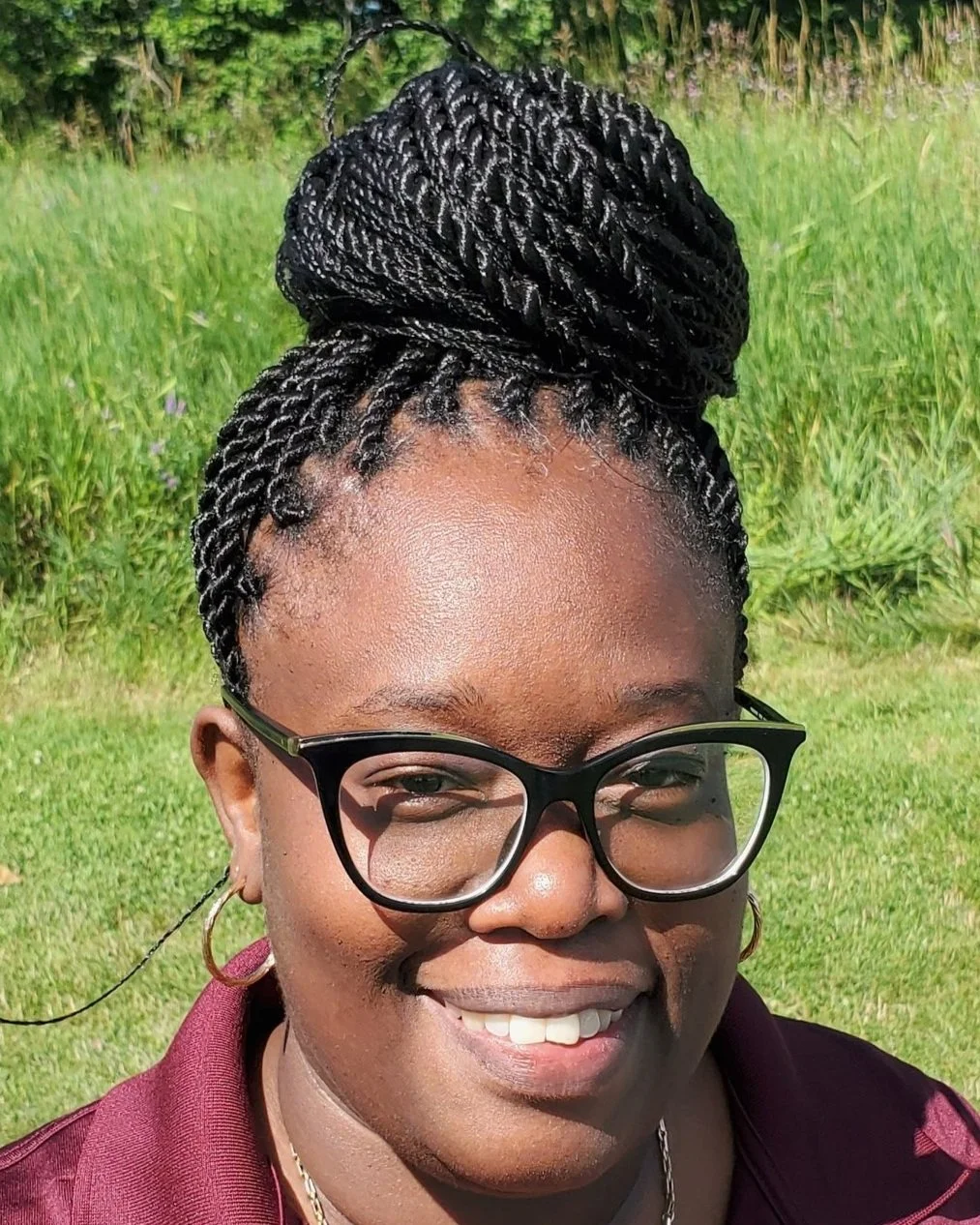Santiago de Cuba steeped in history
April 11, 2017
If you are in Cuba and unable to visit Havana, then the next best destination to experience is Santiago de Cuba which is at the other end of the large 42,426 square mile island nation.
Geographically closer to the Dominican Republic and Haiti than the capital city which is almost 900 kilometres away, Cuba’s second largest city is home to a large Black population which is not evident if you are vacationing about 90 minutes away at the popular Guardalavaca beach town resort all-inclusive destination where the staff is mainly light-skinned.
Sunset in Cuba (Photo by Ron Fanfair)
On the drive from the hotel to Santiago de Cuba, you will pass through Holguin City – Cuba’s fourth largest – and the village of Biran where late Cuban revolutionary leader Fidel Castro and his younger brother Raul were born.
At the entrance of the village is a large sign with images of the Castro brothers.
Weclome to Biran, the birthplace of the late Fidel Castro and his brother Raul (Photo by Ron Fanfair)
Visitors entering downtown Santiago de Cuba will be greeted by the Antonio Maceo Revolution Square where Castro delivered several important speeches and Pope John Paul II celebrated mass during his 1998 visit to the island.
The 23 metal columns in the Antonio Maceo Revolution Square (Photo by Ron Fanfair)
A monument to Maceo – one of the main figures in the struggle for Cuba’s independence – and 23 metal columns that surround the sculpture of Maceo on horseback stand out in the busy Revolution Square which has an underground museum.
The sculpture of Antonio Maceo on horseback (Photo by Ron Fanfair)
The metal columns represent the date -- March 23, 1878 -- when the war for Cuba’s independence resumed.
Maceo, the son of a free Black Venezuelan farmer, died in the battle of Punta Brava in western Cuba in 1896.
Established by Spanish conquistador Diego Velasquez de Cuellar in July 1515, Santiago de Cuba was home to the revolutionary hero Frank Pais who passed away in 1957. The international airport in Holguin, which is about two hours away, bears his name.
Hotel Casa Granda (Photo by Ron Fanfair)
The bustling city with narrow streets on which vendors peddle craft goods also boasts the colonial style four-star Hotel Casa Granda and the nearby Cathedral Ecclesia, originally constructed in 1522 and fronting Santiago de Cuba’s central plaza.
Cathedral Ecclesia (Photo by Ron Fanfair)
Last December, Castro’s ashes were buried in a large boulder in the city’s Santa Ifigenia cemetery which is also the final resting place of the country’s national hero Jose Marti who was considered one of Latin America’s foremost intellectuals.
The urn bearing Fidel Castro's ashes is in this boulder (Photo by Ron Fanfair)
Sunwing Airlines fly weekly from Toronto and Montreal to Santiago de Cuba while Pearl Seas Cruises offer a 10-night and 11-day excursion on the Pearl Mist.
Pearl Mist docked in Santiago de Cuba (Photo by Ron Fanfair)
The Cuban city is the final stop before the ship returns to Fort Lauderdale.














